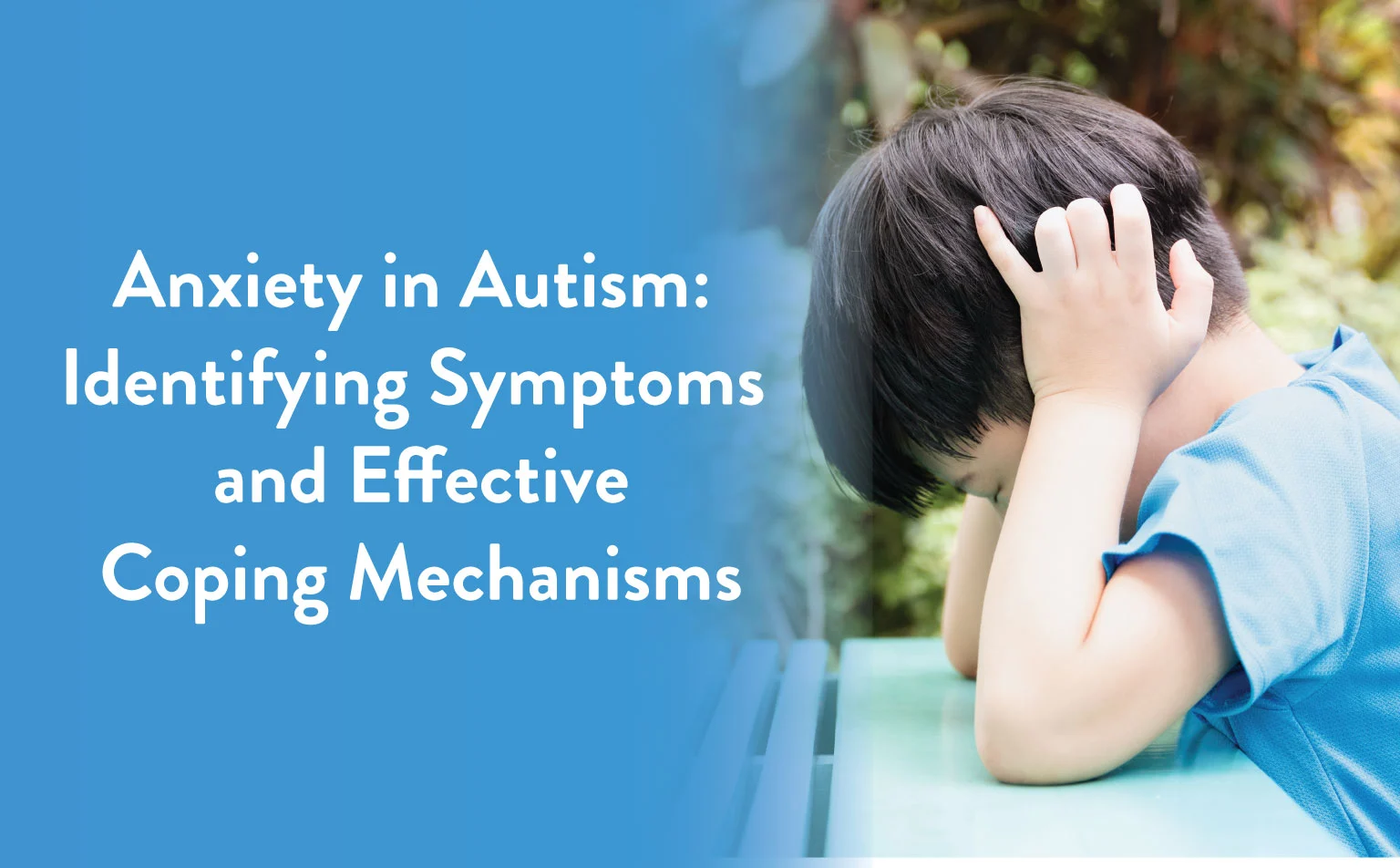Anxiety is common in individuals with autism, often manifesting as heightened stress or discomfort in various situations. Identifying symptoms and implementing effective coping mechanisms are crucial:
- Symptoms: Look for signs such as excessive worry, repetitive behaviors, avoidance of certain situations, or physical symptoms like stomachaches or headaches.
- Routine and Structure: Establishing predictable routines can help reduce anxiety and provide a sense of security.
- Communication Aids: Use visual schedules, social stories, and clear communication to help manage expectations and reduce stress.
- Relaxation Techniques: Techniques like deep breathing, mindfulness, or sensory-friendly activities can help soothe anxiety.
- Professional Support: Seek guidance from therapists or counselors experienced in autism to develop tailored strategies for managing anxiety effectively.
Addressing anxiety with these methods can significantly improve well-being and daily functioning for individuals with autism.
Read More:
